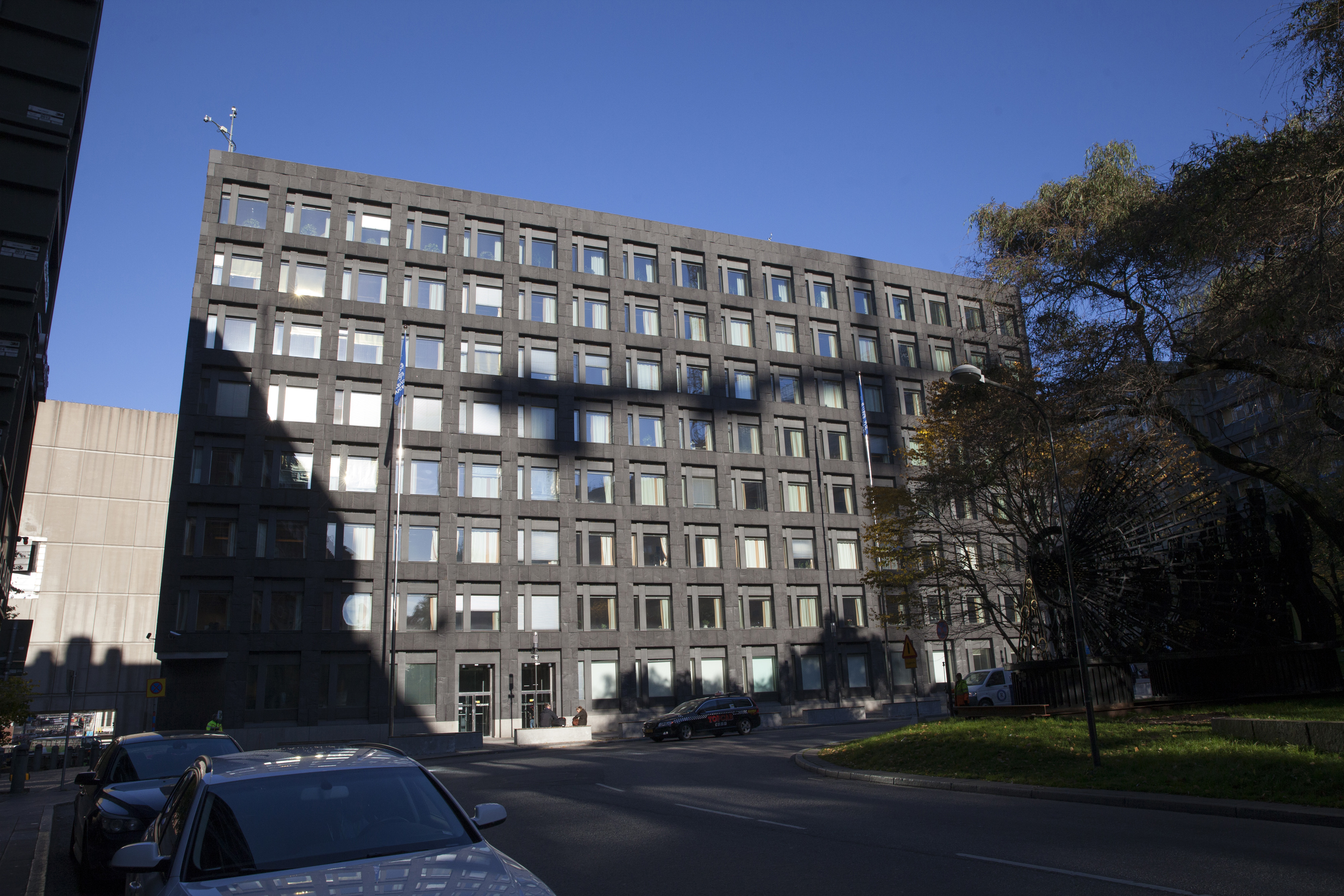
Stockholm: Sweden’s government is putting forward a new proposal for a financial industry tax and will require banks to contribute more to a crisis fund as the administration argues lenders are making more than enough money to absorb the extra cost.
“Now that times are good and the banks are making big profits, we also have an opportunity to build defences for the future and potentially worse times, and strengthen the financial system,” Financial Markets Minister Per Bolund said at a press conference in Stockholm on Saturday.
The government plans to unveil a new bank tax proposal before elections in September next year, marking its latest attempt to impose a levy that doesn’t collide with European Union rules.
The Social Democrat-led coalition’s previous efforts, which also targeted life insurers, met broad and vocal opposition, including from Sweden’s competition authority and the tax agency that would have enforced the rule, sending the administration back to the drawing board.
“We will go forward with a tax that focuses more on the banks and will start working on that at the finance ministry now, but we’re also increasing the fee for the resolution fee,” Finance Minister Magdalena Andersson said during the same press conference.
The financial industry said the previously planned 15 per cent payroll tax would kill about 16,000 jobs while Nordea Bank AB Chairman Bjorn Wahlroos cautioned that banks would be tempted to move some operations abroad to avoid the levy.
Andersson said the plan now is to push through a revised and “tighter” bank tax proposal, which will affect fewer companies and comply with EU law. She underscored the administration’s commitment to such a levy, as it works on a model it can get past Brussels.
We will “continue our work with a tighter bank tax with the aim to decrease the tax advantage that the bank sector has since they don’t pay VAT, but also find a bank tax that complies with EU law,” she said.
Separately from the proposed tax, the government wants to raise the fee banks pay into Sweden’s resolution fund, to 0.125 percent next year from today’s 0.09 percent of debts minus guaranteed deposits. The measure means banks will have to pay about 3 billion kronor ($332 million) more next year.
But Sweden’s bank lobby signaled it will also fight the latest proposal, questioning the government’s assertion that financial profits were fatter than in other industries. The Swedish Bankers’ Association noted that return on equity was lower than the average for the 40 largest listed Swedish companies in four of the past five years, in an op-ed published by Svenska Dagbladet.
"The question we’re asking ourselves is on what grounds a myth seems to have been established about banks making excessive profits," the association wrote.
Bolund said the government is eager to ensure “that there are enough resources to manage banks if they were to end up in a crisis.”